Introduction
Seafood is a delicacy, and as a loving dog parent, chances are you want to spoil your dog with a particular delicacy now and then.
Although most dogs are not big fans of “fishy”-tasting foods, scallops have a rather unique, slightly sweet, and buttery taste even picky dogs find irresistible. Plus, if properly used and prepared, scallops have several health benefits to dogs.
This article will tell you everything you need to know about these saltwater clams and dogs, from their properties and benefits to preparation methods and serving ideas.
As with any other new food, the key to safe and beneficial use is a slow introduction. Start by feeding a small amount and gradually increase the serving size.
The recommended dose should be reached over the course of several days. Plus, different dogs have different nutritional requirements. Therefore, before adding a new item to your dog’s menu, consult with your trusted vet.
Benefits for dogs
Scallops are rich in some healthy and essential nutrients.
Protein
Scallops are packed with healthy and essential amino acids. Amino acids are building blocks for proteins, and proteins are building blocks for muscles. Proteins fuel the dog’s body and are crucial for normal organ functioning. Scallops are an amazing protein source for dogs allergic to other more commonly used proteins.

Magnesium
Magnesium is a vital mineral necessary for adequate absorption and utilization of other minerals and several vitamins. Plus, magnesium serves as a natural muscle and joint relaxant. This feature makes magnesium highly beneficial for dogs with muscle aches, hip dysplasia, and arthritis.
Potassium
Potassium is a mineral crucial for maintaining the electrolyte balance in the body. It also promotes the nervous system’s normal and healthy functioning, and it is necessary for the dog’s overall health.
Selenium
Scallops are particularly rich in selenium. The selenium is necessary for adequate functioning of the thyroid gland and maintaining a healthy and strong immune system.
Zink
Zink is another mineral; scallops are unusually rich with. Zink promotes sharp brain function, healthy skin, and a shiny coat, as well as normal growth.
Low in calories
Scallops are low in calories, which makes them light and healthy snacks for dogs on weight-loss regimens. They are rich in nutrients yet low in calories, thus giving the dog what it needs without adding unnecessary weight.
How much to feed
With so many different dog sizes, it is safe to assume that you cannot feed the same amount of scallops to a Newfoundland dog and to a Chihuahua.
Just because there are no specific veterinary approved guidelines to giving scallops to dogs it does not mean you can feed them freely.
Scallops and seafood in general, are not part of the dog’s natural diet and therefore, cannot be the brick and mortar of their nutrition.
Scallops are healthy additions to regular meals and can safely be added in amounts varying from half a scallop to 4 scallops depending on the dog’s size.
Potential risks
Generally speaking, there are several potential risks associated with feeding scallops to dogs.
Bacteria & Parasites
Raw scallops carry potentially dangerous bacteria (Salmonella and Listeria) and parasites (Roundworms, Tapeworms).
Shelfish poisoning
If originating from polluted waters, they can also contain toxins and planktons. The toxins may cause shellfish poisoning.
Digestive upset
Feeding your dog too many scallops or too frequently can cause digestive upset manifested with temporary vomiting, nausea, diarrhea, appetite loss, and tummy ache.
Allergies
Some dogs are allergic to seafood. Although relatively rare, allergic reactions to scallops are possible. Allergies in dogs can take up many forms – from mild skin rashes to life-threatening swelling of the throat.
Regardless of the underlying trigger, every allergic reaction warrants an immediate trip to the vet’s office.
Choking hazard
The shell, if swallowed poses a choking hazard. dogs are voracious eaters and swallowing the shell is more possible thna you can imagine.
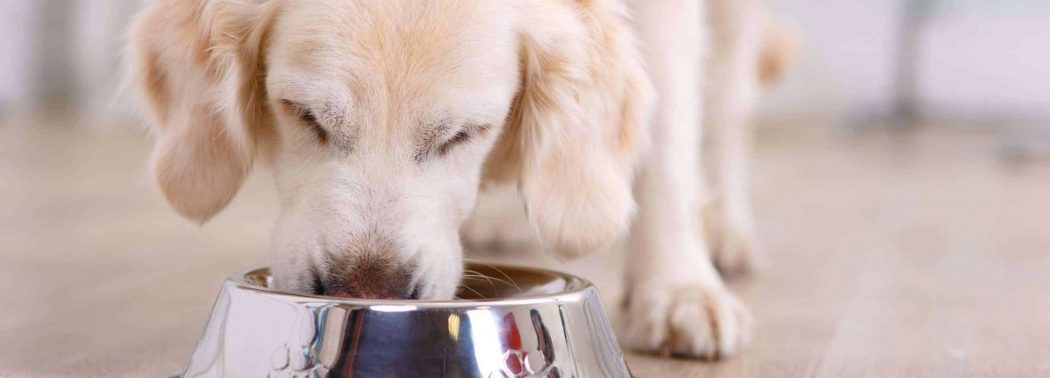
Preparing the food
The keys to feeding scallops to dogs safely are twofold – the scallops must be fully-cooked and free from spices and seasonings.
As mentioned, raw scallops harbor a plethora of potentially dangerous microorganisms and toxins. Thorough cooking is the best way to mitigate their adverse effects. By cooking, we mean boiling and not frying. Fried scallops contain too many unhealthy fats, which may lead to chronic and painful pancreatitis if regularly consumed.
Spices and seasonings are generally unsafe for dogs. Therefore, your dog’s scallops share should be plain. If cooking a scallop meal for you, set few scallops aside before adding spices, seasonings, sauces, or condiments.
Serving ideas
Scallops can be offered as a treat or finely chopped and added on top of the dog’s regular meal. Alternatively, if you enjoy making homemade meals for your dog you can bake some canine-friendly treats with scallops.
When choosing the size of the scallops, consider your dog’s size. Larger dogs can easily snack on whole scallops (shell-free) while smaller dogs will appreciate having their scallop cubed in appropriately-sized chunks.
If your dog loves how scallops taste, consider purchasing some of the commercially available dog food formulas containing fish and seafood protein sources.
Conclusion
Dogs can safely eat scallops as occasional treats. As long as they are used in moderation and properly prepared, they are safe, irresistibly tasty and beneficial to dogs.
Plain and well-cooked, preferably boiled scallops are the best alternative for dogs. Human foods containing scallops as well as fried and heavy-seasoned scallops are not a canine-friendly treat alternative.
If you are in doubt about treating your dog with this seafood delicacy, do not hesitate to discuss the idea with your trusted vet or a licensed canine nutritionist.
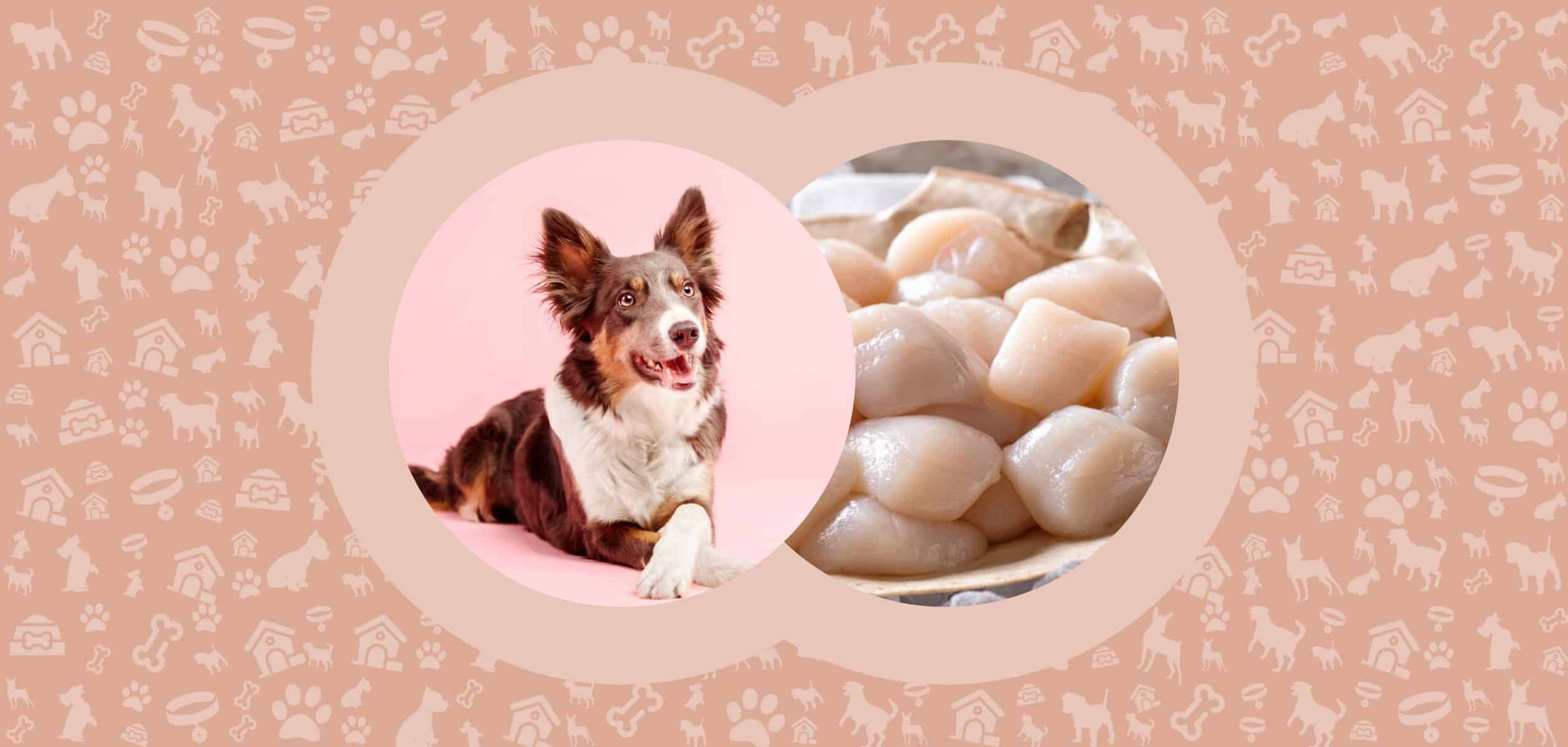
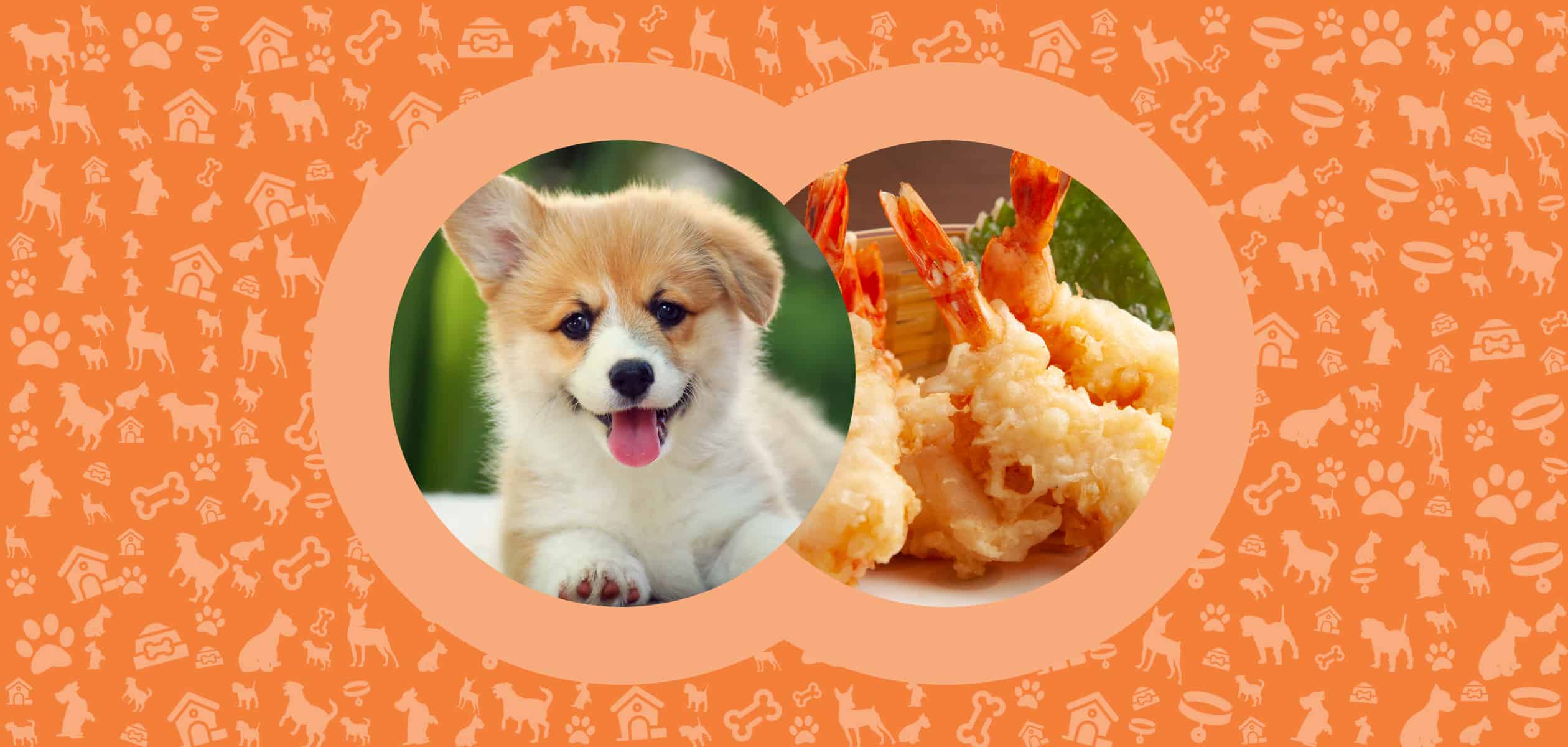
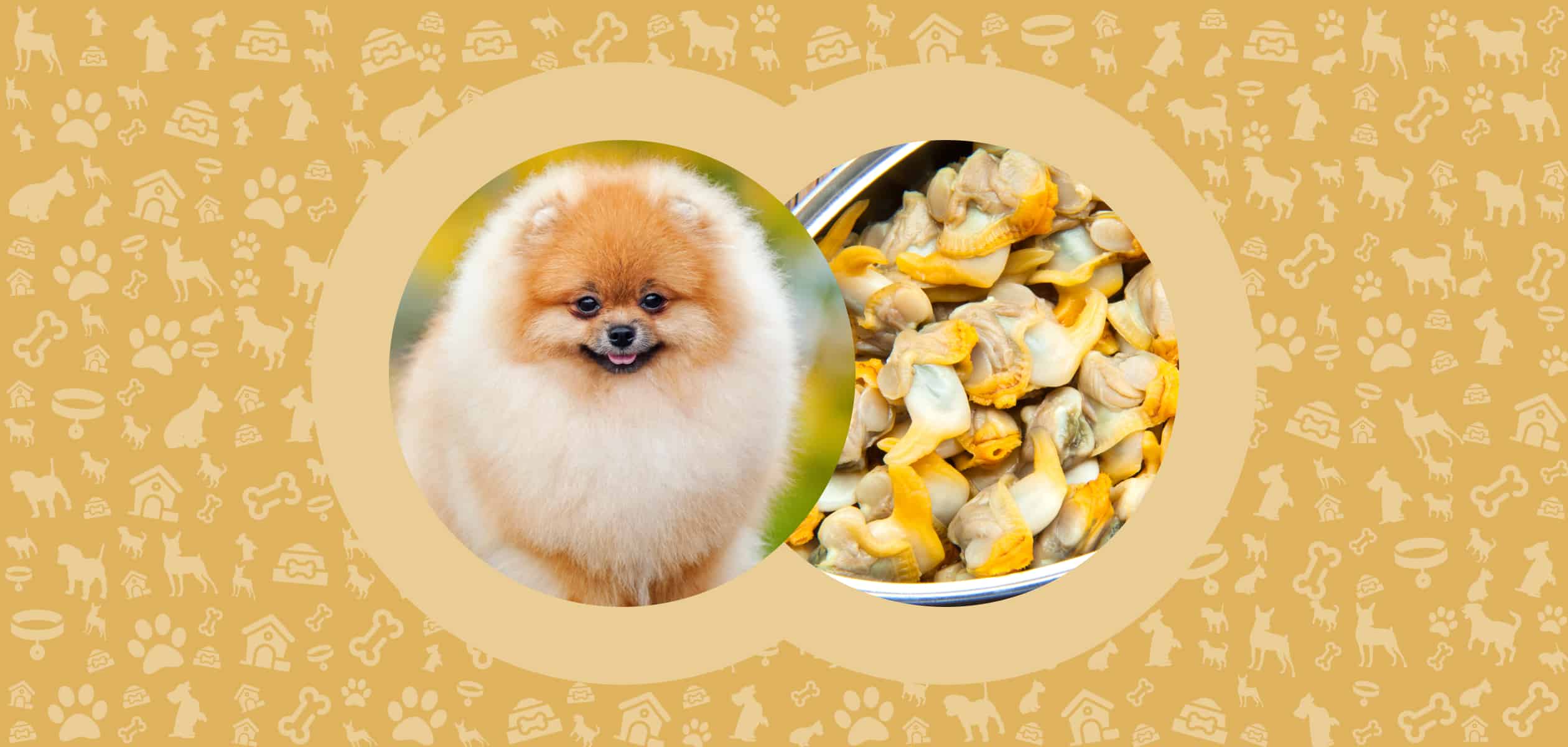
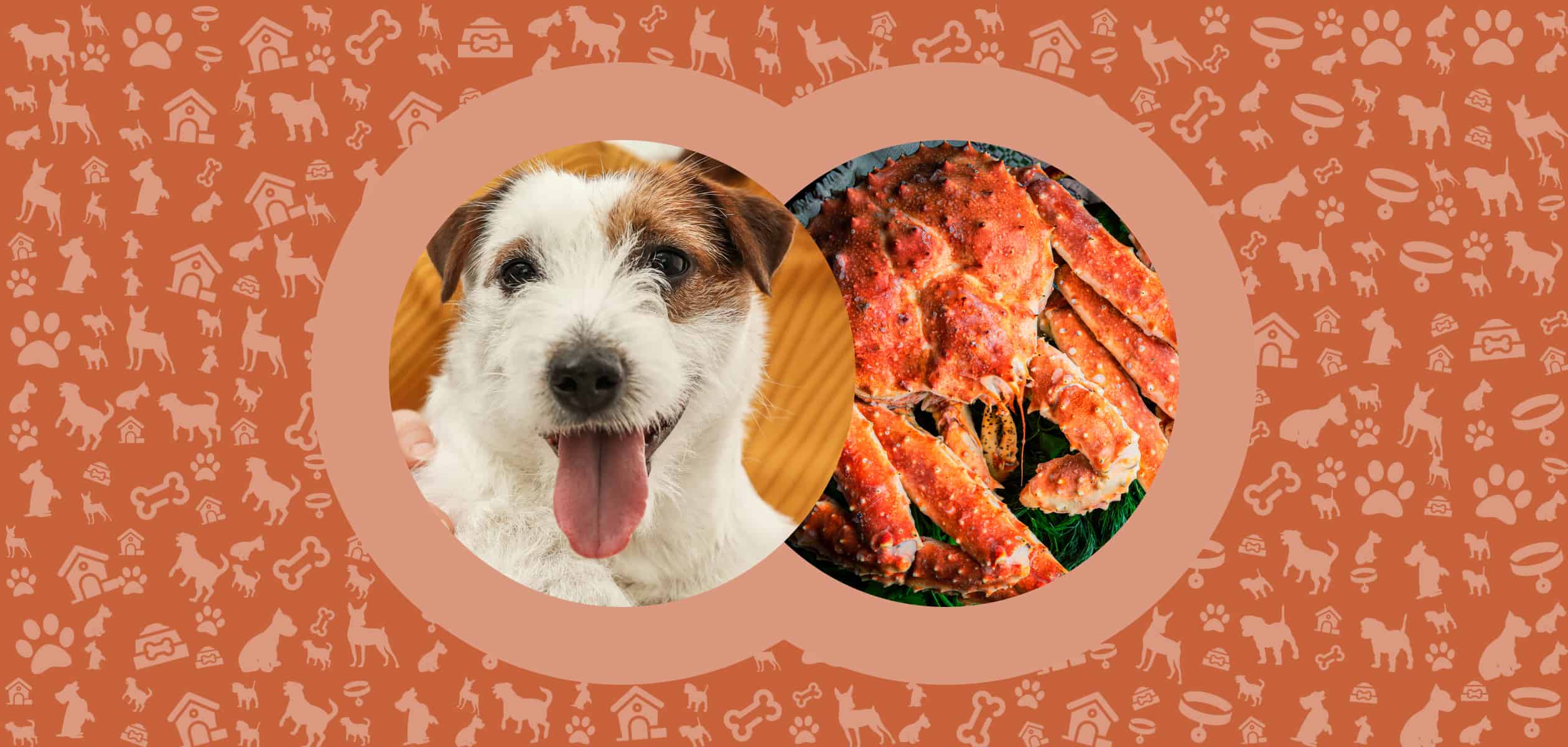
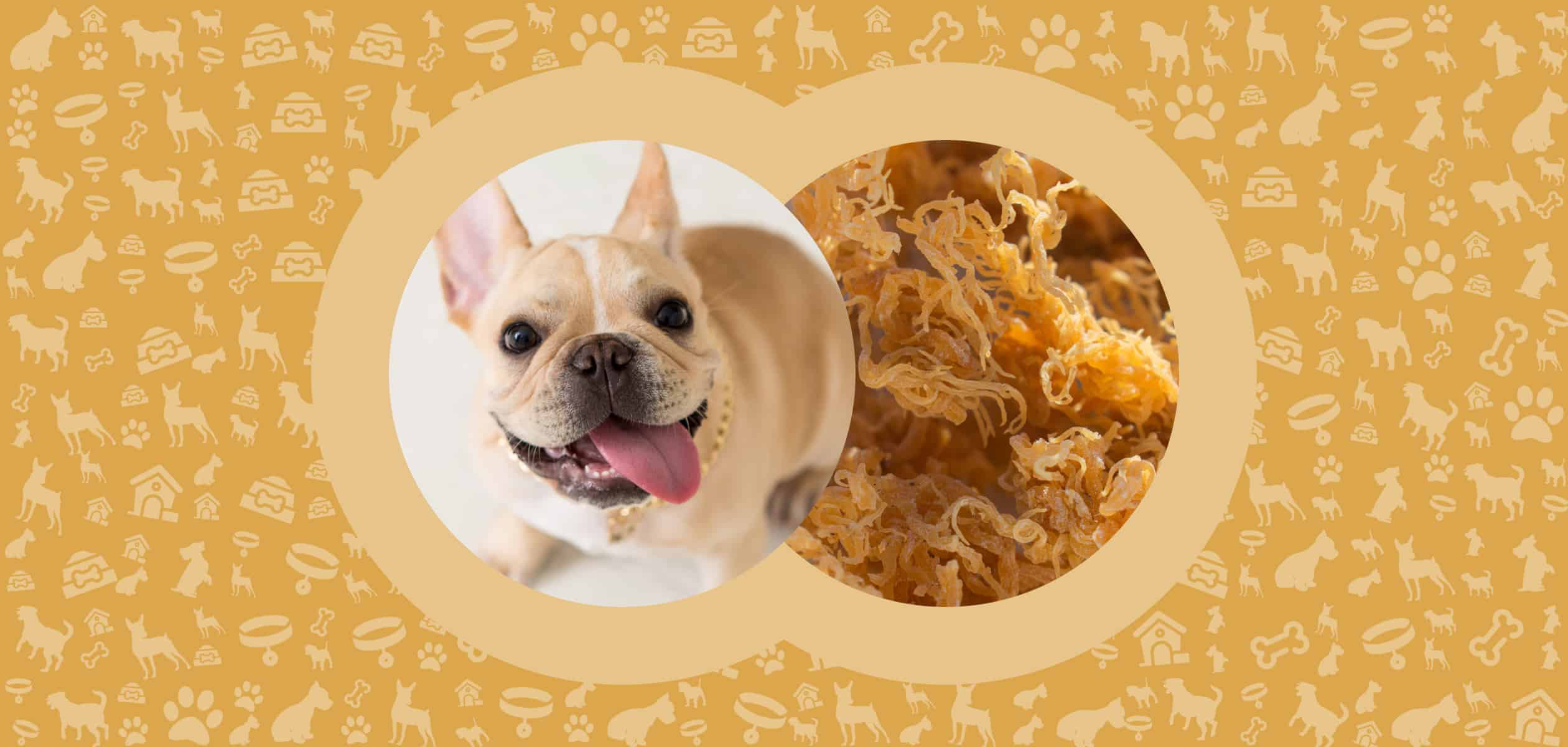
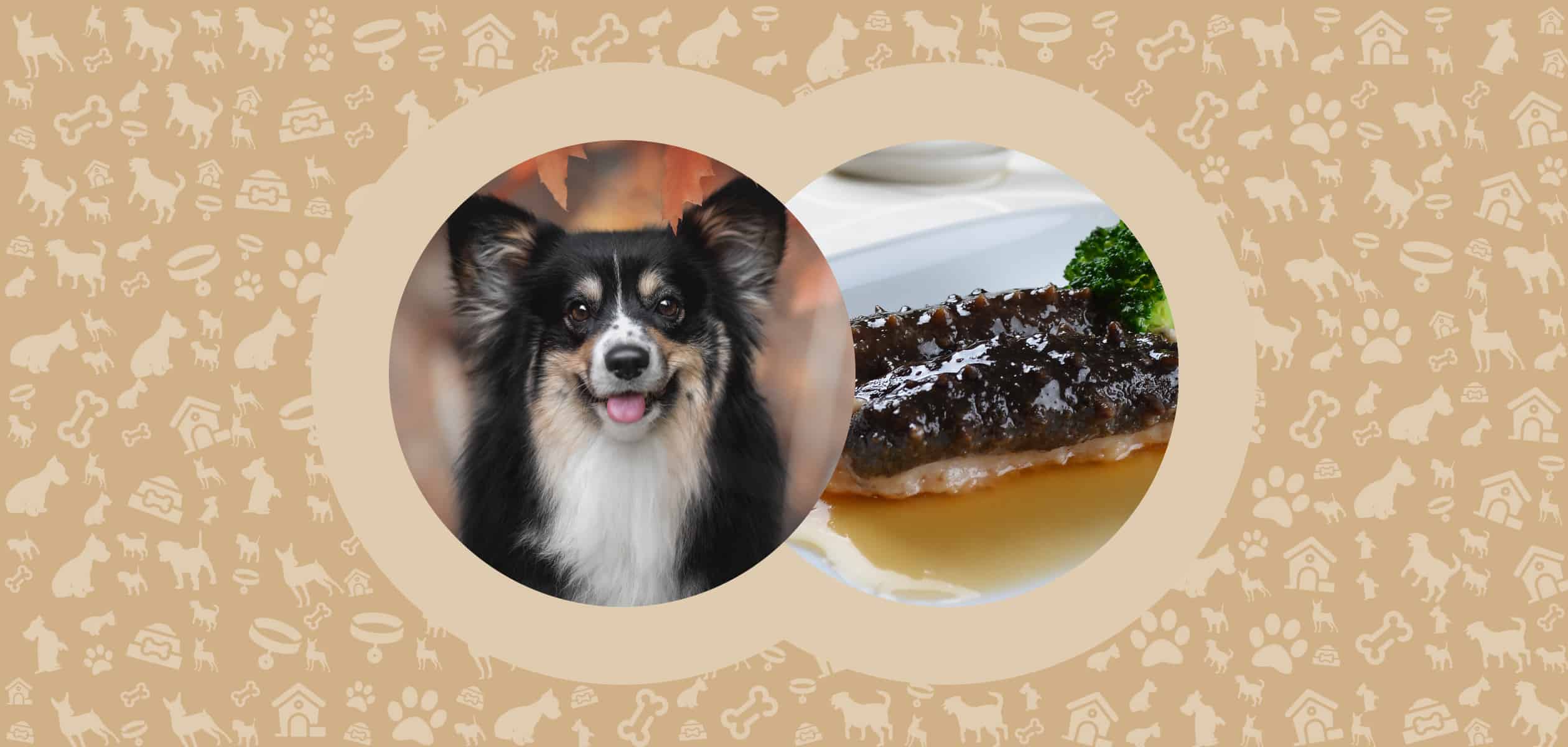
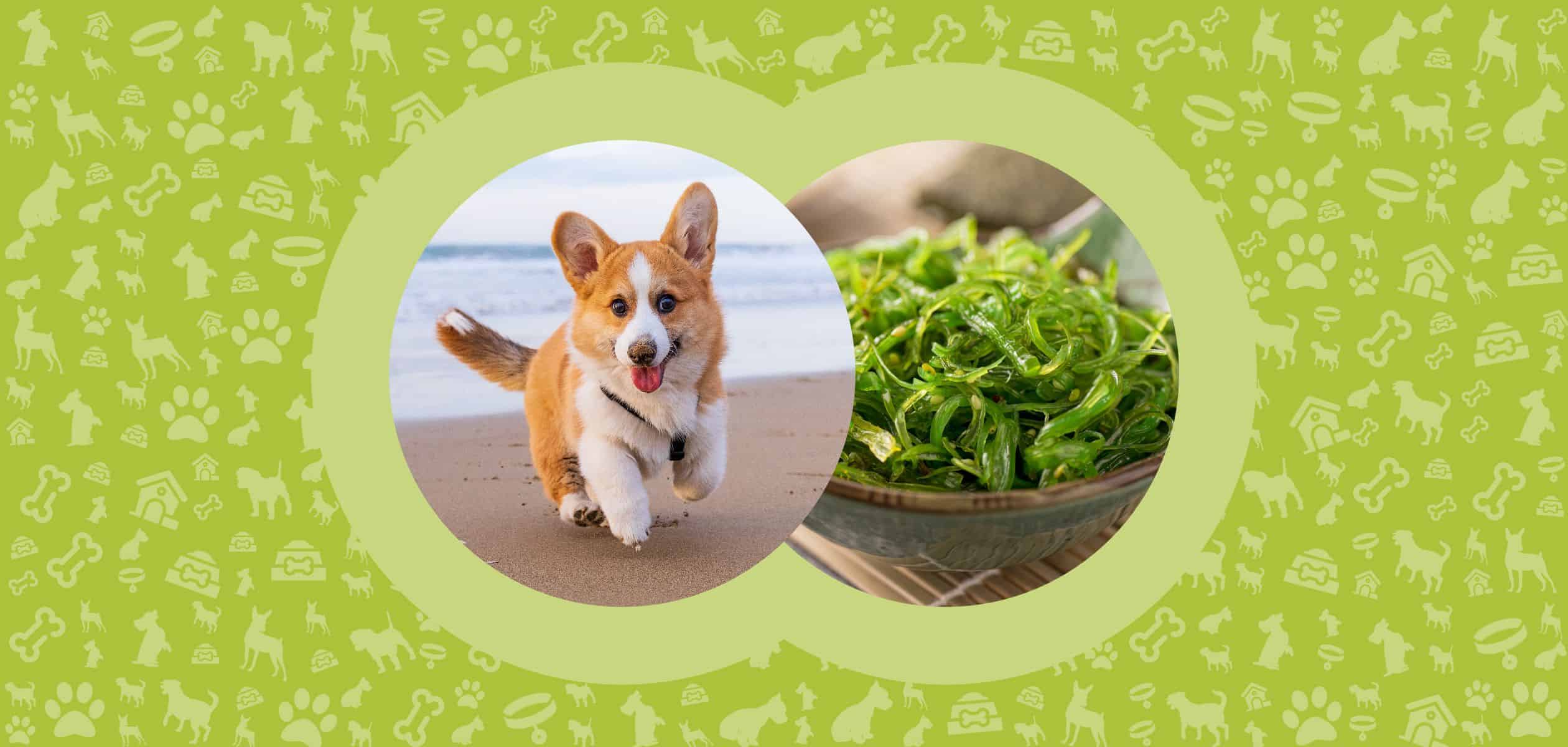
Leave a Comment